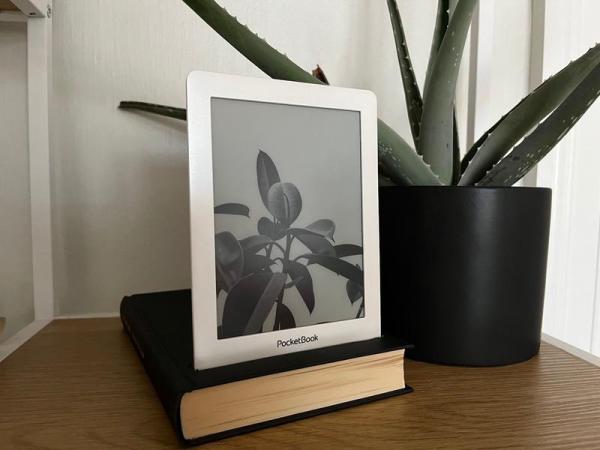For those who read often, e-readers are a great niche device that can help prevent eye fatigue with their e-ink displays especially when compared to a backlit display like a tablet or smartphone, all while taking up minimal space unlike a stack of real books. But for all their perks, there are still plenty of reasons to maintain a library of bound paper volumes. For those who have turned back to books or whose e-readers aren’t getting the attention they once did, there are plenty of things to do with them like this e-book picture frame.
The device started life as a PocketBook Basic Touch, or PocketBook 624, a fairly basic e-reader from 2014, but at its core is a decent ARM chip that can do many more things than display text. It also shipped running a version of Linux, which made it fairly easy to get a shell and start probing around. Unlike modern smart phones this e-reader seems to be fairly open and able to run some custom software, and as a result there are already some C++ programs available for these devices. Armed with some example programs, [Peter] was able to write a piece of custom software that displays images from an on-board directory and mounted the new picture display using an old book.
There were a number of options for this specific device that [Peter] explored that didn’t pan out well, like downloading images from the internet to display instead of images on the device, but in the end he went with a simpler setup to avoid feature creep and get his project up and running for “#inktober”, a fediverse-oriented drawing challenge that happened last month. While not strictly in line with a daily piece of hand-drawn artwork, the project still follows the spirit of the event. And, for those with more locked-down e-readers there’s some hope of unlocking the full functionality of older models with this FOSS operating system.











